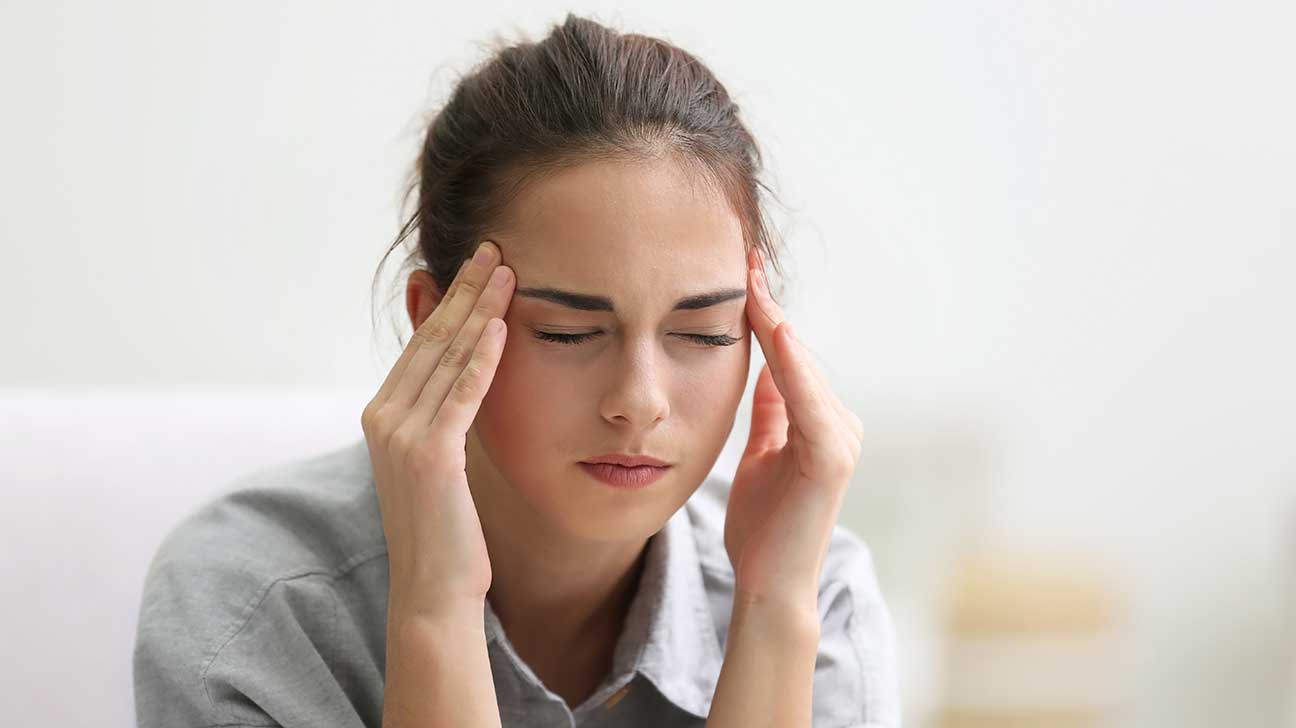What Does A Ritalin High Feel Like?
Those who abuse the stimulant drug Ritalin may experience a high that consists of euphoric sensations and feelings of alertness, awakeness, and energy. However, Ritalin abuse can lead to serious side effects, including an increased risk of a heart attack.

Ritalin, the brand name for the stimulant medication methylphenidate, treats symptoms caused by attention deficit hyperactivity disorder (ADHD). In addition to treating symptoms of ADHD such as impulsiveness, Ritalin can also be used for those with narcolepsy.
Those who participate in Ritalin drug abuse may experience feelings of a euphoric high as well as increased energy and alertness.
Ritalin is a prescription drug available in immediate-release or extended-release options. It’s a Schedule II controlled substance as stated by the United States Drug Enforcement Administration (DEA).
Ritalin has high abuse potential and can lead to psychological or physical dependence, similar to other stimulant drugs like Concerta or Adderall.
A Ritalin high occurs when a person abuses the ADHD medication and experiences euphoria. However, other side effects may occur when the prescription drug is abused.
Getting High On Ritalin
Ritalin is typically prescribed for short-term use only, but some may take large quantities of the tablets or continue taking the drug long after prescribed. Those participating in Ritalin drug use to achieve a “high” may turn to alternative methods of abusing the drug.
Some of these methods may consist of smoking, snorting, injecting, or plugging Ritalin. Each of these are dangerous forms of drug abuse that may cause significant damage to your health.
Side Effects Of A Ritalin High
Because Ritalin is a central nervous system stimulant (CNS), it affects the neurotransmitter dopamine in the brain. The use of methylphenidate creates side effects that can vary in severity depending on the way the drug is abused to get high.
According to the United States Food and Drug Administration (FDA), those who take Ritalin may experience a wide-range of side effects that may include:
- dry mouth
- headache
- mood swings
- difficulty sleeping
- weight loss
- blurred vision
- loss of appetite
Cardiovascular Problems
Those who participate in long-term stimulant use to get high may experience certain heart problems, including fluctuations in heart rate or an irregular heartbeat. Warning signs associated with a potential heart attack may include chest pain or palpitations.
Other cardiovascular issues may take place, including high blood pressure. Hypertension or tachycardia can also occur due to heavy stimulant use.
Ritalin Withdrawal Symptoms
If you participate in Ritalin substance use and suddenly stop “cold turkey,” you may experience withdrawal symptoms. Those abusing Ritalin to experience a high may suffer more severe symptoms, including:
- serious cravings for the drug
- psychosis
- weight gain
- hallucinations or other mental health problems
- restlessness
- insomnia
- drowsiness
Ritalin Overdose
Those who seek a Ritalin high may turn to alternative routes of administration, including snorting, smoking, or plugging the drug. The risk of a Ritalin overdose may increase in those taking higher doses of the drug than prescribed.
Ritalin overdose symptoms may include:
- loss of consciousness
- sweating
- dilated pupils
- tremors or convulsions
- heart attack
- sudden death
If you take Ritalin in high doses, you’re likely participating in a form of substance abuse that can lead to a life-threatening overdose. If an overdose is suspected, seek urgent medical attention and contact 911.
Ritalin Addiction Treatment
If you or one of your family members are struggling with prescription drug abuse, inpatient treatment options are available at Ohio Recovery Center. Our healthcare representatives cater a personalized treatment plan to your needs and situation.
Our treatment options for Ritalin addiction include behavioral therapy, group therapy, motivational interviewing, contingency management, and other resources. To learn more, please contact us today.
- Drug Enforcement Administration https://www.deadiversion.usdoj.gov/drug_chem_info/methylphenidate.pdf
- Food and Drug Administration https://www.accessdata.fda.gov/drugsatfda_docs/label/2013/010187s077lbl.pdf
- National Institute on Drug Abuse https://nida.nih.gov/sites/default/files/drugfacts_stimulantadhd_1.pdf
- National Library of Medicine: MedlinePlus https://medlineplus.gov/druginfo/meds/a682188.html
- National Library of Medicine: StatPearls https://www.ncbi.nlm.nih.gov/books/NBK482451/
- The Primary Care Companion to the Journal of Clinical Psychiatry https://www.ncbi.nlm.nih.gov/pmc/articles/PMC181133/

